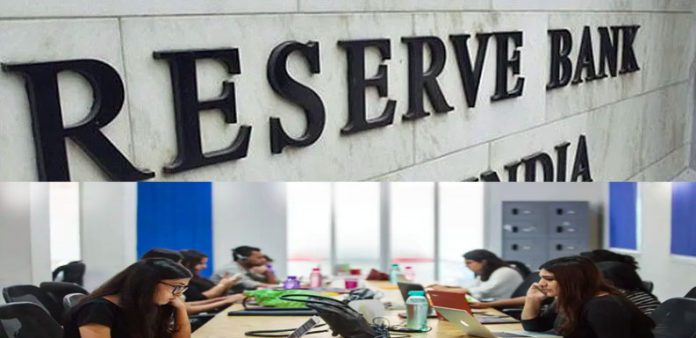RBI said in a statement “broadening the scope of PSL to include startups” “with a view to align the guidelines with emerging national priorities and bring a sharper focus on inclusive development.”
Making startups more mainstream in the Indian economy through capital support, the Reserve Bank of India (RBI) on Thursday brought them under the priority sector lending (PSL).
During the 24th Monetary Policy Committee meeting, RBI announced revising the PSL guidelines including “broadening the scope of PSL to include startups” “with a view to align the guidelines with emerging national priorities and bring a sharper focus on inclusive development,” RBI said in its statement on developmental and regulatory policies to boost liquidity support for the financial market.
Sectors that are already under PSL are agriculture, MSMEs, education, housing, social infrastructure among others. The PSL guidelines were last reviewed by RBI in April 2015.
Loans from institutions including banks were availed by 36 percent of 1,246 startups surveyed while family & friends were the largest sources of funding for around 43 percent startups according to a survey on the Indian startup ecosystem by the RBI published in December last year. Investments from angel investors, incubators, and PE/VC were the other preferred routes for 11.3%, 9.7%, and 7% surveyed startups.
The RBI also increased the limits for renewable energy, including solar power and compressed biogas plants.
The central bank also ramped up the targets for lending to “small and marginal farmers and weaker sections” the release said.
Currently, the target for small and marginal farmers stand at 8 percent while for weaker sectors it is 10 percent of the adjusted net bank credit for small finance banks, according to Master Direction on Priority Sector Lending for Small Finance Banks – Targets and Classification by RBI updated as on March 12, 2020.
Apart from the overall economic downturn startup funding in the first half of 2020 was largely impacted due to the Covid and lockdown. There was a decline of 11% in deal value and 31% in deal volume from the year-ago period, according to Venture Intelligence. Startups were able to raise $4.1 billion in 270 deals during H1 2020 in comparison to $4.6 billion raised in 393 deals during H1 2019.














































